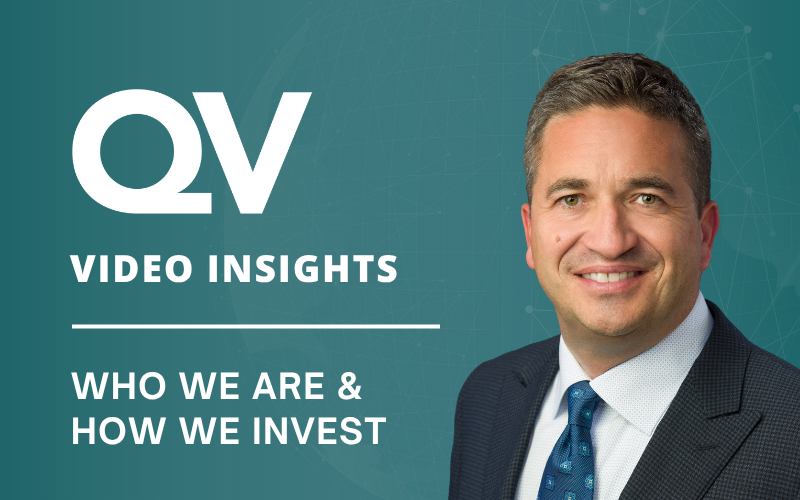Warm weather and relaxed provincial borders led to some memorable family visits this summer. I am sure many can relate to how enjoyable it was to finally reconnect with family through meals and activities and laughter. Our evenings were mostly centered around the classic board game of Monopoly. This economics-themed property trading game teaches many valuable financial management lessons. Not only is it advantageous to own all four railroads but the number one rule remains true: never run out of cash. A liquidity crunch is a slippery slope that often leads to bankruptcy, a hard lesson I have learned many times in this game. The modern version we played included a chance card that none of us had seen before. The card was titled “Money Grab!” and involved players racing to catch bills that were thrown up in the air. Any caught bills were kept and any remaining on the floor were returned to the bank. This chance card was a fun and welcome reprieve (for those skilled enough to catch some), especially after intensive spending on property development. We found the surprise injection helped extend the game at a pivotal time when most players were cash poor. It was a fun adaptation yet eerily similar to the economic reality we face today.
The trillions of dollars of liquidity that governments and central banks have injected into their economies via benefit payments and large-scale bond buying is like the chance card that helps prevent economic activity from stalling. Economic indicators and corporate earnings have been strong and continue to trend positively, supporting the notion that the expansion remains firmly intact. This has driven investor sentiment to exuberant levels where peak mentality in growth and stimulus is due for a healthy reality check. As the economy progresses, we approach a critical junction where policy-induced growth is handed off to organic-led growth. The timing of this transition remains fluid however as the evolving nature of the virus and societal fatigue in preventing its spread continue to be key risks to the outlook.
We have already seen the Bank of Canada and Bank of England announce plans to taper their bond purchase programs. As well, minutes from the most recent Federal Reserve meeting in July indicated increased consideration for their first steps towards policy normalization. This is welcome news as less accommodation suggests increased confidence towards economic independence. However, we grow increasingly cautious when we consider that average valuations of stock market indices and corporate bonds are closer towards full value. This suggests in a general sense that most of the good news is already priced in and that any disappointing information that rolls in could jar markets as investors reprice expectations.
The scenario for a smooth transition towards organic economic growth is a logical base case. It requires a continuation of current economic trends free from exogenous shocks. On the other hand, an upside case in which growth exceeds expectations could also transpire. Pent up household consumption and easy financial conditions could unleash aggregate demand that leads to higher inflation and overall stronger than expected economic growth. While all that sounds promising, it also helps to keep an open mind to possible downside scenarios. Downside risks are aplenty with uncertainty stemming from the pandemic, changes in spending preferences, industry disruptive forces and secular deflation. The list of risks that could derail this expansion goes on and therefore lowers our predictive abilities in forecasting macroeconomic outcomes. It is important to recognize the risks that lie ahead, but it is equally important to exercise humility in areas that involve great uncertainty, like in macro forecasting.
In lieu of macro predictions, our preference is to focus on portfolio preparations. Our bottom-up value-based philosophy continues to uncover security specific opportunities. But at the same time, with valuations generally richer and macro uncertainty seemingly elevated, it is prudent to maintain healthy levels of liquidity and flexibility so that we can respond to market surprises. Our balanced strategies have dialed back their equity exposure to a mix we believe is more appropriate considering the investment climate and our opportunity sets. The diversification benefits of bonds play a critically defensive role in a balanced strategy. Having that source of liquidity on hand to buy equities at steep discounts was advantageous during the pandemic crash. Our investment teams are keeping a close eye on our watch lists in the event heightened market volatility opens attractive buying opportunities. We remain invested and optimistic of the return potential of our businesses. Concurrently, we want to be able to buy when others are selling and are preparing our strategies instead of relying on a surprise chance card for survival.
In preparation for this letter, I came across a quote by Louis Pasteur, the famed microbiologist and chemist. It was dated back in 1854 but still very much relevant today.
“In the fields of observation chance favors only the prepared mind.”




